

Articles
How To Store Citrus
Modified: December 7, 2023
Learn the best methods for storing citrus fruits to maximize their freshness and flavor. Discover helpful articles on proper storage techniques.
(Many of the links in this article redirect to a specific reviewed product. Your purchase of these products through affiliate links helps to generate commission for Storables.com, at no extra cost. Learn more)
Introduction
Welcome to the world of citrus, where bright and tangy flavors burst into your mouth with every bite. From zesty oranges to juicy lemons and limes, citrus fruits are packed with essential vitamins and nutrients that provide numerous health benefits. Whether you use them to enhance your recipes, squeeze them into refreshing beverages, or simply enjoy them on their own, proper storage is vital for maintaining their freshness and extending their shelf life.
When it comes to storing citrus, there are a few key factors to consider, such as the type of citrus fruit, the storage method, and the desired shelf life. In this article, we will explore the importance of proper citrus storage, guide you on how to choose the right citrus, share tips on preparing citrus for storage, and discuss various storage methods to suit your needs.
By following the guidelines and tips outlined in this article, you can ensure that your citrus remains at its peak freshness, flavor, and quality for as long as possible. So, let’s dive in and discover the secrets to storing citrus!
Key Takeaways:
- Proper storage of citrus fruits is crucial for maintaining their freshness, flavor, and nutritional value. By following the right storage methods, you can enjoy the vibrant taste and health benefits of citrus for longer periods.
- Whether refrigerating, storing at room temperature, or freezing, proper handling and preparation are key to extending the shelf life of citrus fruits. With the right storage techniques, you can savor the tangy goodness of citrus year-round.
Read more: How To Store Citrus Fruit
Importance of Proper Citrus Storage
Proper citrus storage is of utmost importance to maintain the flavor, texture, and nutritional value of these vibrant fruits. When stored correctly, citrus fruits can stay fresh and delicious for an extended period, ensuring that you get the most out of your purchase.
One key reason for proper citrus storage is to prevent spoilage and extend the shelf life of the fruits. Citrus fruits, like oranges, lemons, and grapefruits, are highly perishable and can quickly deteriorate if not stored properly. Exposure to excess heat, moisture, or air can accelerate the ripening process and lead to mold, decay, or a loss of their vibrant color and juicy texture.
Additionally, proper storage helps to preserve the nutritional content of citrus fruits. These fruits are rich in essential vitamins and antioxidants, such as vitamin C, folate, and potassium. However, these nutrients can degrade over time when exposed to unfavorable storage conditions. By storing citrus properly, you can retain higher levels of nutrients and enjoy the full health benefits of these fruits.
Another benefit of proper citrus storage is the ability to enjoy citrus fruits all year round. While citrus fruits are widely available during their peak season, which varies depending on the type of fruit and the region, you can store them properly to enjoy their refreshing flavors even when they are out of season. This allows you to savor the taste of citrus and add a burst of freshness to your meals throughout the year.
Moreover, proper citrus storage can help save money and reduce food waste. When you store citrus fruits correctly, you can prevent them from spoiling or becoming overripe before you have the chance to consume them. This means that you can make the most of your citrus purchase, as you won’t have to discard fruits that have gone bad. By reducing food waste, you not only save money but also contribute to a more sustainable and environmentally friendly food system.
Overall, proper citrus storage is crucial for maintaining the quality, freshness, and nutritional value of these delightful fruits. It allows you to enjoy them at their best, to their fullest potential, and ensures that you get the most out of your citrus purchase. So, let’s explore the key considerations when choosing the right citrus for storage.
Choosing the Right Citrus
When it comes to choosing citrus fruits for storage, selecting the right ones is essential to ensure optimal flavor, freshness, and longevity. Here are some key factors to consider when choosing the right citrus:
1. Varieties: Citrus fruits come in a variety of types, each with its own unique characteristics. From sweet oranges, tangy lemons, zesty limes, to juicy grapefruits, the choice is abundant. Consider your taste preferences and intended use when selecting citrus varieties.
2. Ripeness: Select citrus fruits that are firm, shiny, and free from blemishes or soft spots. Avoid fruits that are overly ripe or have a dull appearance, as they may not store well or have the best flavor.
3. Seasonality: Citrus fruits have different peak seasons depending on the type and region. Choosing fruits that are in season ensures they are at their flavorful best and have a longer shelf life.
4. Organic or Conventional: Consider opting for organic citrus fruits if you prioritize avoiding pesticides or chemicals in your produce. However, conventional citrus fruits can also be a good choice if they are sourced from trusted suppliers.
5. Size and Weight: Heavier citrus fruits tend to yield more juice and have a higher moisture content, making them ideal for juicing. On the other hand, smaller fruits may be easier to consume and store.
By keeping these factors in mind, you can select the best citrus fruits for storage that suit your preferences and intended use. Once you have chosen your citrus fruits, it’s important to prepare them properly before storing to maintain their quality and freshness. Let’s explore the steps to prepare citrus fruits for storage.
Preparing Citrus for Storage
Properly preparing citrus fruits before storage is crucial to ensure their longevity and maintain their quality. Here are some essential steps to follow when preparing citrus for storage:
1. Wash the fruits: Start by washing the citrus fruits under cool running water to remove any dirt, debris, or surface pesticides. Use a gentle scrub brush to gently clean the skin, especially if you plan to consume the peel.
2. Dry thoroughly: After washing, make sure to dry the citrus fruits thoroughly using a clean kitchen towel or paper towels. Excess moisture can promote mold growth, so it’s important to ensure they are completely dry before storing.
3. Sort and discard damaged fruits: Inspect the citrus fruits and separate any damaged or bruised ones from the bunch. Damaged fruits are more prone to spoilage and can affect the quality of the surrounding fruits, so it’s best to discard them to prevent further deterioration.
4. Remove stems or leaves: If your citrus fruits have stems or leaves attached, gently remove them as they can draw moisture and contribute to spoilage.
5. Optional: Waxing: Some citrus fruits, particularly those sold commercially, may have a thin layer of natural or artificial wax applied to the skin to enhance appearance and extend shelf life. If you prefer, you can remove the wax by gently scrubbing the fruit with a vegetable brush or by using a mild fruit cleanser.
6. Optional: Peel or segment: If you plan to use the citrus fruit in recipes or as a garnish, you can peel or segment the fruit before storage. This allows for easy and convenient access to the fruit when needed.
By following these preparation steps, you can ensure that your citrus fruits are clean, dry, and free from any damage or unwanted elements before storing them. Now, let’s explore the various storage methods for citrus fruits.
Storing Citrus in the Refrigerator
The refrigerator is an ideal storage option for citrus fruits, as it helps to maintain their freshness, flavor, and texture for a longer period. Here are the steps to store citrus in the refrigerator:
1. Select the right spot: Find a designated area in your refrigerator where you can store your citrus fruits. Ideally, choose a crisper drawer or a lower shelf, as these areas tend to have slightly higher humidity levels, which can help prevent the fruits from drying out.
2. Keep them loose: It is best to keep citrus fruits loose in the refrigerator rather than placing them in plastic bags or containers. This allows for better air circulation and prevents moisture build-up, which can lead to mold or spoilage.
3. Use a breathable cover: If you prefer to cover your citrus fruits to protect them from contaminants, opt for a breathable cover, such as a clean cloth or perforated plastic bag. This allows for some air circulation while still providing a barrier from any potential odors or cross-contamination.
4. Store unwashed: It’s important to store citrus fruits unwashed. Washing them before storage can introduce moisture and accelerate spoilage. Instead, rinse them just before consumption.
5. Consider temperature: The ideal temperature range for storing citrus in the refrigerator is between 40-45°F (4-7°C). Avoid placing citrus fruits in extreme cold areas, such as the back of the refrigerator or near the freezer compartment, as this can cause the fruit to freeze or become damaged.
6. Monitor and rotate: Regularly check your citrus fruits in the refrigerator and remove any spoiling or overripe fruits. Additionally, rotate the fruits occasionally to ensure even exposure to the cool temperature and to maintain their freshness.
By following these steps, you can effectively store citrus fruits in the refrigerator, prolong their shelf life, and enjoy their refreshing flavor whenever you desire. However, if you prefer to store citrus at room temperature, there is another option to consider. Let’s find out how to store citrus at room temperature.
Store citrus fruits at room temperature for up to a week, or in the refrigerator for up to 2 weeks. Keep them in a cool, dry place away from direct sunlight to maintain their freshness.
Read more: How To Make Citrus Soil Mix
Storing Citrus at Room Temperature
While refrigeration is commonly recommended for storing citrus fruits, you can also opt to store them at room temperature if the conditions are suitable. Here’s how you can store citrus at room temperature:
1. Choose the right location: Select a cool and well-ventilated area in your home to store the citrus fruits. Avoid placing them near direct sunlight, heating vents, or areas with fluctuating temperatures, as these can accelerate the ripening process and lead to spoilage.
2. Keep them loose: Similar to refrigeration, it is best to keep citrus fruits loose when storing them at room temperature. This allows for better air circulation and helps prevent moisture build-up.
3. Store in a fruit bowl: Place the citrus fruits in a fruit bowl or basket, allowing them to sit comfortably without any crowding. This allows for good air circulation and makes it easy to access the fruits when needed.
4. Monitor and rotate: Regularly check the citrus fruits for any signs of spoilage or overripeness. Remove any damaged or decaying fruits to prevent them from affecting the quality of the remaining fruits. Additionally, rotate the fruits occasionally to ensure even ripening and avoid pressure points.
5. Consume within a week: Citrus fruits stored at room temperature typically have a shorter shelf life compared to refrigerated fruits. It’s recommended to consume them within a week to ensure optimal flavor and freshness.
Storing citrus at room temperature can be a convenient option if you plan to use the fruits within a short period or if refrigeration space is limited. However, keep in mind that room temperature storage may accelerate the ripening process, so it’s important to monitor the fruits closely and consume them in a timely manner.
However, if you have an excess of citrus fruits or want to store them for an extended period, freezing is another storage method to consider. Let’s explore the process of freezing citrus fruits.
Storing Citrus in the Freezer
If you have an abundance of citrus fruits or want to preserve them for longer periods, freezing is a great option. Freezing citrus fruits allows you to enjoy their taste and nutritional benefits even when they are out of season. Here’s how you can store citrus in the freezer:
1. Prepare the fruits: Start by washing and drying the citrus fruits thoroughly. Remove any stems or leaves, and peel or segment the fruits if desired. Peeling or segmenting can make it easier to use the fruits in recipes or for snacking.
2. Choose the right containers: For freezing, it’s best to use airtight containers or freezer bags specifically designed for freezing. Make sure to choose containers that are sturdy, BPA-free, and can withstand freezing temperatures to prevent freezer burn and maintain the quality of the fruits.
3. Pack and label: Place the prepared citrus fruits in the containers, leaving some headspace to allow for expansion during freezing. Seal the containers tightly and label them with the date of freezing for future reference.
4. Store in the freezer: Place the containers in the freezer, keeping them in a flat position to maximize storage space and prevent the fruits from shifting or getting crushed. It’s recommended to store the fruits at 0°F (-18°C) or below for optimal preservation.
5. Thawing and using frozen citrus: When you’re ready to use the frozen citrus fruits, transfer the desired portion to the refrigerator and allow them to thaw slowly. Thawed citrus fruits may lose some of their firmness and may be best used in recipes, smoothies, or as a juice.
It’s important to note that freezing citrus fruits can affect their texture. The frozen citrus fruits may become softer and juicier after thawing, which makes them great for cooking and baking but may not be as ideal for eating fresh. However, the flavor and nutritional value are still preserved.
By following these steps, you can successfully store citrus fruits in the freezer, ensuring that you have delicious and nutritious fruits on hand whenever you need them. Now, let’s discuss some additional tips to extend the shelf life of citrus fruits.
Extending Citrus Shelf Life
While proper storage methods play a crucial role in maintaining the freshness of citrus fruits, there are additional steps you can take to further extend their shelf life. Here are some tips to help you prolong the storage time of citrus fruits:
1. Handle with care: Citrus fruits have delicate skins that can easily bruise or become damaged. Handle them gently to avoid any unnecessary bruising, which can accelerate spoilage.
2. Store away from ethylene producers: Ethylene is a natural gas that some fruits, such as apples and bananas, produce as they ripen. Exposure to ethylene can accelerate the ripening process of citrus fruits. So, store citrus fruits away from ethylene-producing fruits to prevent premature ripening.
3. Avoid excess moisture: Moisture is the enemy of citrus fruits, as it can promote mold growth and spoilage. Ensure the fruits are completely dry before storing them and avoid placing them in areas with high humidity.
4. Check regularly: Regularly inspect your stored citrus fruits for any signs of spoilage, such as mold or decay. Remove any affected fruits promptly to prevent contamination of the others.
5. Consume or preserve at peak freshness: Citrus fruits are best enjoyed at their peak freshness. If you have an abundance of ripe citrus, consider consuming them or preserving them through methods like juicing, canning, or making fruit preserves to ensure none go to waste.
6. Rotate your stock: Whether storing citrus in the refrigerator or at room temperature, it’s a good practice to rotate your stock. Use older fruits first and place newer ones towards the back so that none of them goes past their prime.
7. Freeze excess fruits: If you find yourself with an excess of citrus fruits that you won’t be able to consume before they start to spoil, freeze them as mentioned earlier. Freezing allows you to preserve them for an extended period, ensuring none of the fruits go to waste.
By following these tips, you can significantly extend the shelf life of your citrus fruits, allowing you to enjoy their vibrant flavors and benefits for longer durations. Now, let’s wrap up with a few final tips for proper citrus storage.
Tips for Proper Citrus Storage
To ensure that your citrus fruits stay fresh, flavorful, and vibrant for as long as possible, here are some additional tips for proper citrus storage:
1. Store whole fruits: It’s generally recommended to store citrus fruits in their whole form for better preservation. Cutting or peeling the fruits exposes them to air and moisture, speeding up the degradation process.
2. Avoid overcrowding: Proper air circulation is crucial for keeping citrus fruits fresh. Avoid overcrowding them in storage containers or fruit bowls to prevent moisture build-up and mold growth. Give them enough space to breathe.
3. Separate different types of citrus: Different citrus fruits release different amounts of ethylene gas. To prevent cross-contamination and uneven ripening, store different types of citrus fruits separately.
4. Use citrus bags: If you have a large supply of citrus fruits that you want to store over a longer period, consider using specialized citrus bags. These breathable bags help maintain the fruits’ freshness while also preventing them from drying out.
5. Keep an eye on temperature: While refrigeration is generally recommended for most citrus fruits, some varieties, such as lemons and limes, may tolerate room temperature storage better. Experiment with different storage conditions to find what works best for your preferred citrus fruits.
6. Use the right containers: When using containers for citrus storage, opt for those with good ventilation or airflow. Mesh or perforated containers allow for better air circulation, preventing excess moisture and extending shelf life.
7. Don’t store near strong odors: Citrus fruits can easily absorb nearby odors, which can affect their flavor. Keep them away from strong-smelling foods or substances, such as onions or cleaning products.
8. Consider preserving techniques: If you have an abundance of citrus, consider preserving them through methods such as canning, making marmalades or fruit preserves, or using their zest in recipes. These techniques help extend their shelf life while creating delicious citrus-based products.
9. Test for freshness: Before consuming stored citrus fruits, give them a gentle squeeze. They should feel firm and slightly yielding. If they are too soft or give off an off-putting odor, they may be overripe or spoiled.
10. Enjoy citrus at its peak: While proper storage can help extend the shelf life of citrus fruits, they are at their freshest and most flavorful when consumed at their peak. Aim to consume them within a reasonable time frame for the best taste and nutritional value.
By following these tips, you can ensure proper storage for your citrus fruits, prolong their freshness, and enjoy their delightful flavors to the fullest. Now, let’s wrap up our discussion on proper citrus storage.
Read more: What Is The Best Citrus Juicer
Conclusion
Proper storage is essential for maintaining the freshness, flavor, and nutritional value of citrus fruits. By following the guidelines outlined in this article, you can ensure that your citrus fruits stay at their peak condition for as long as possible. Whether you choose to store them in the refrigerator, at room temperature, or freeze them, there are specific steps you can take to optimize their storage conditions.
Remember to choose the right citrus fruits, handle them with care, and prepare them properly before storage. Consider the suitable storage method based on your preferences and the desired shelf life. Refrigeration is generally recommended for most citrus varieties, as it helps to maintain their freshness and delay spoilage. However, storing citrus at room temperature can also be an option if the conditions are suitable, particularly for shorter-term storage.
If you have an excess of citrus fruits, freezing them can be a great way to preserve them and enjoy their flavors year-round. Additionally, by employing various techniques such as proper handling, monitoring, and rotation, you can extend the shelf life of your citrus fruits and reduce food waste.
Remember, citrus fruits are not only deliciously tangy but are also packed with essential vitamins and nutrients. By preserving their freshness, you can fully experience the health benefits and culinary potential of these vibrant fruits.
So, the next time you bring home a basket of citrus fruits, take the time to store them correctly. With these storage tips and techniques in mind, you can enjoy the refreshing taste and goodness of citrus for extended periods of time. Experience the burst of flavor, zest up your recipes, and savor the joy that citrus fruits bring to your life!
Frequently Asked Questions about How To Store Citrus
Was this page helpful?
At Storables.com, we guarantee accurate and reliable information. Our content, validated by Expert Board Contributors, is crafted following stringent Editorial Policies. We're committed to providing you with well-researched, expert-backed insights for all your informational needs.
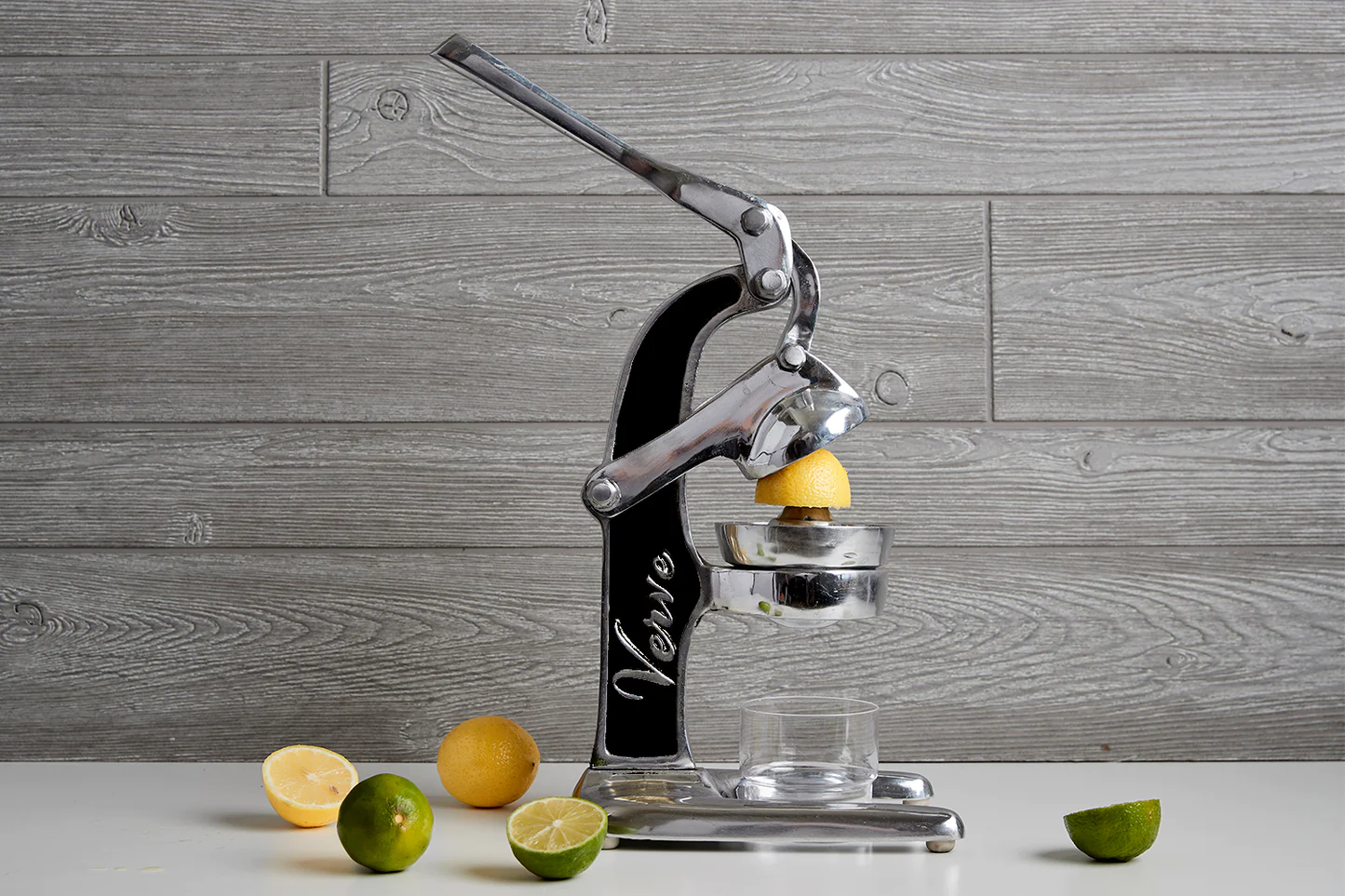
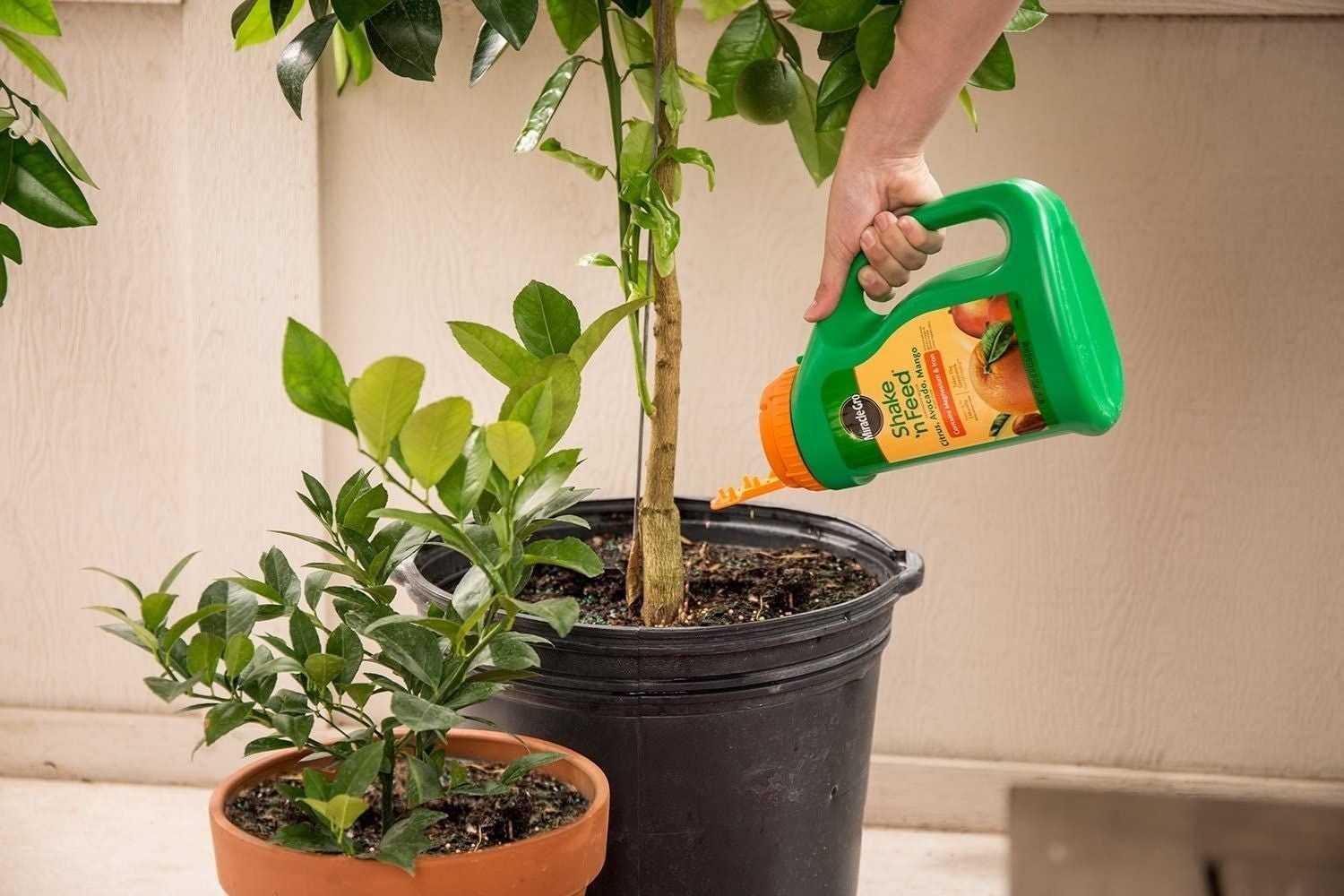
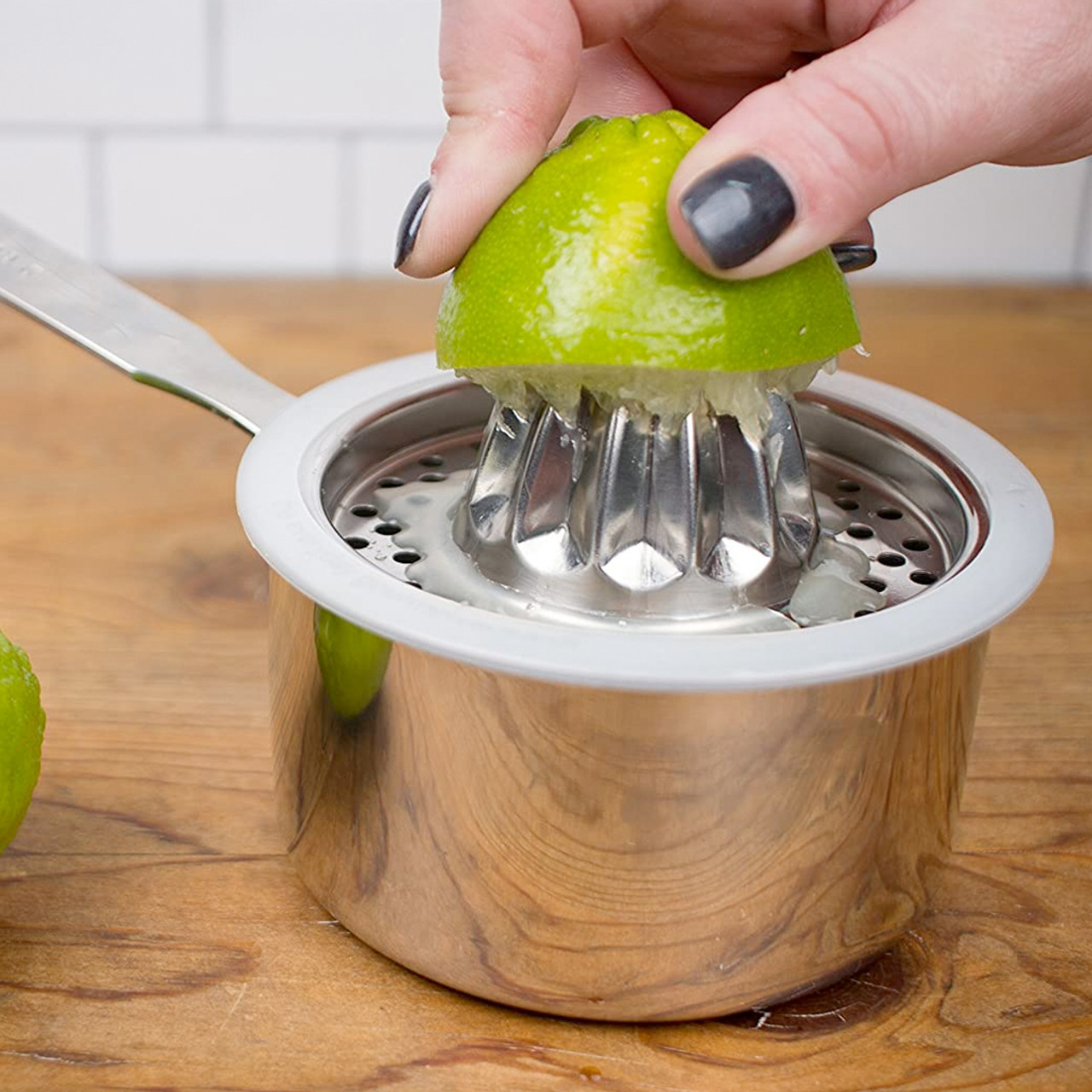
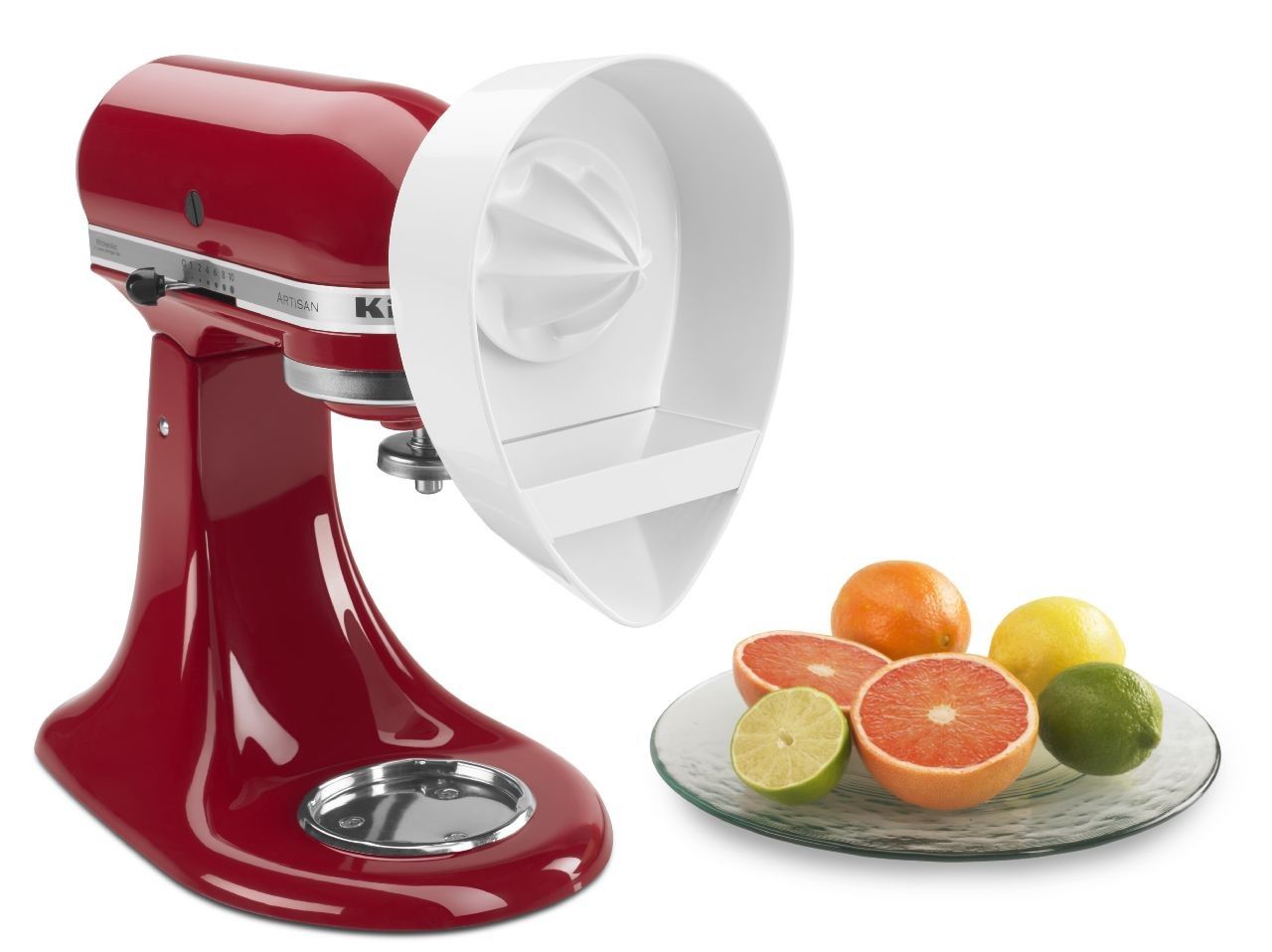
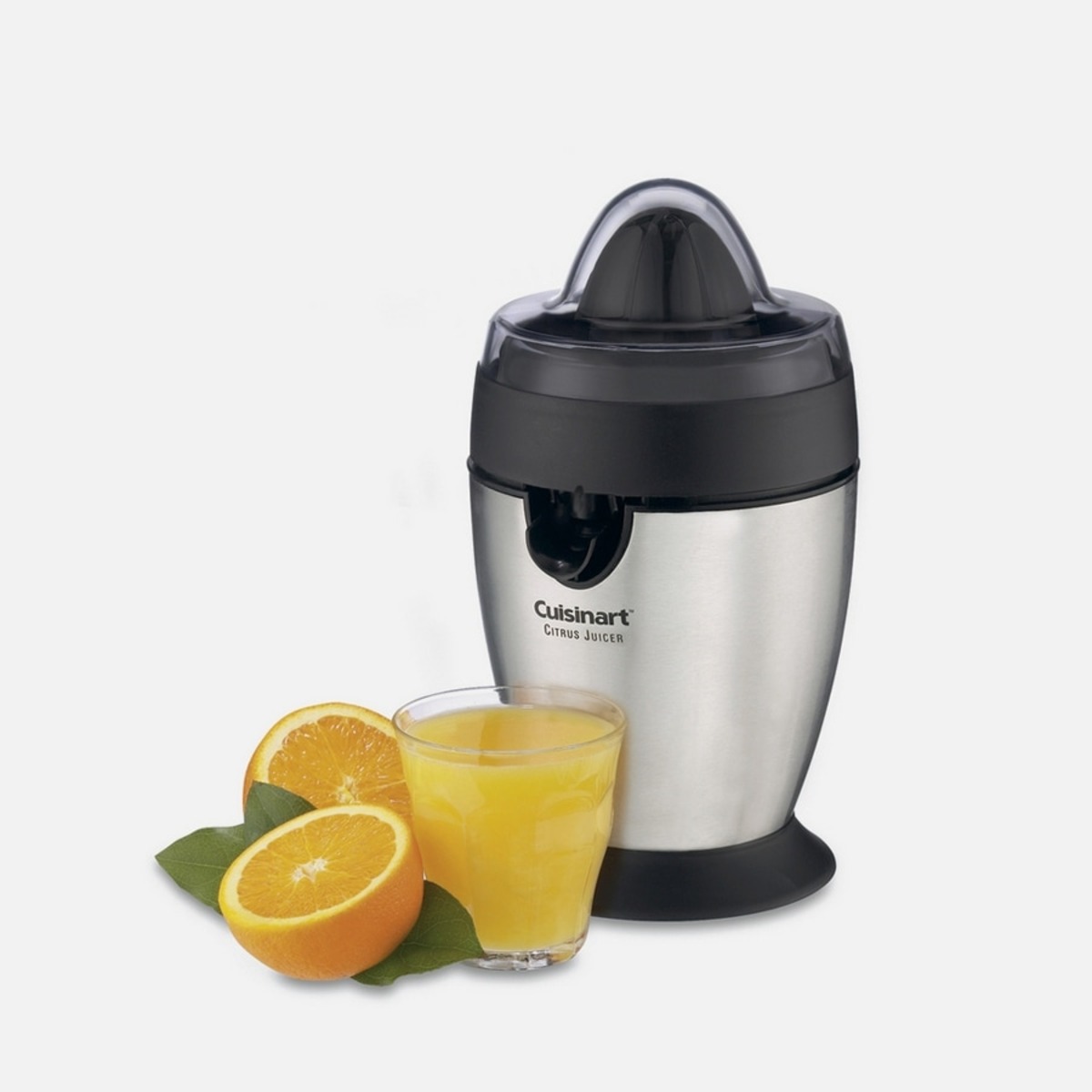
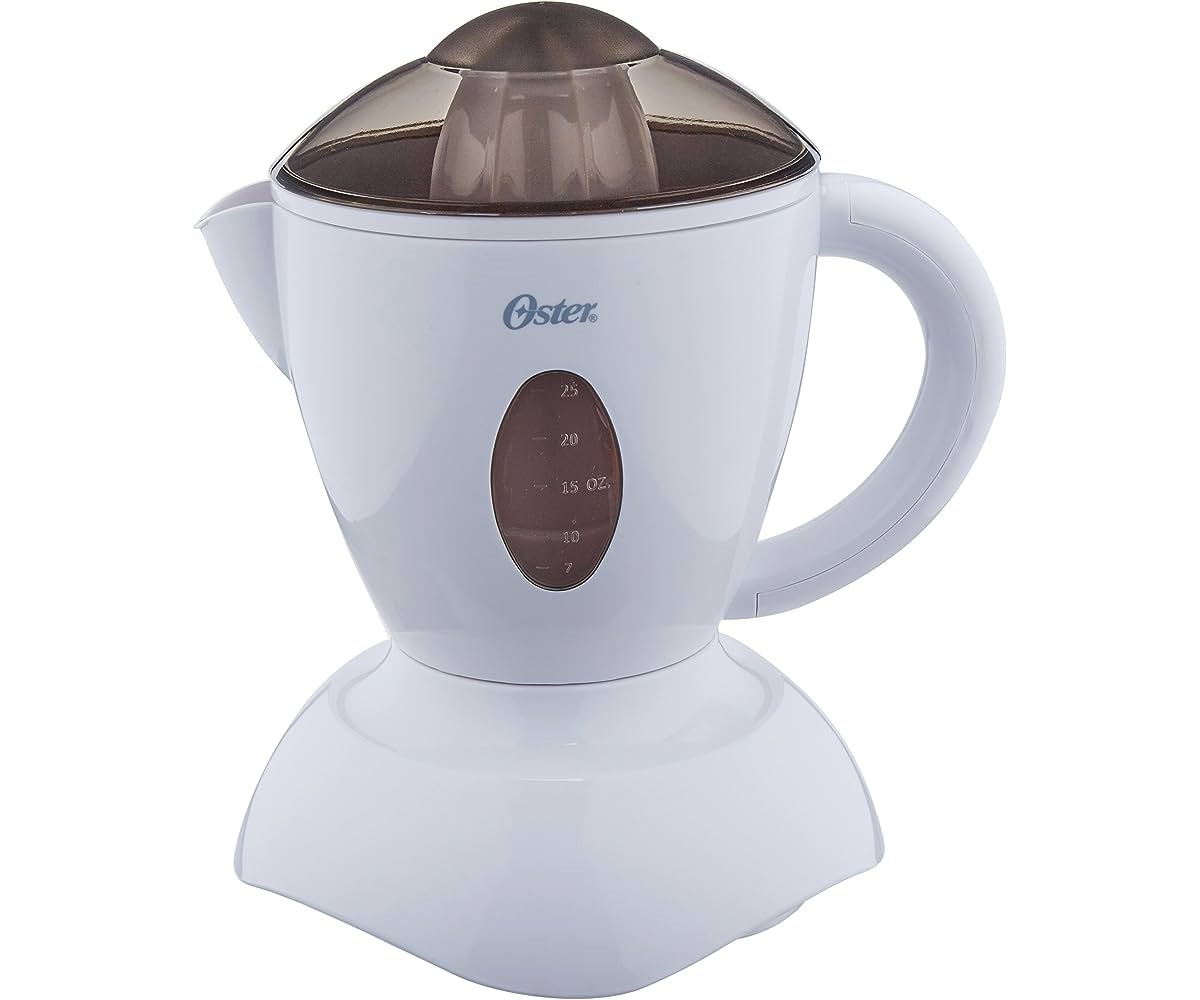
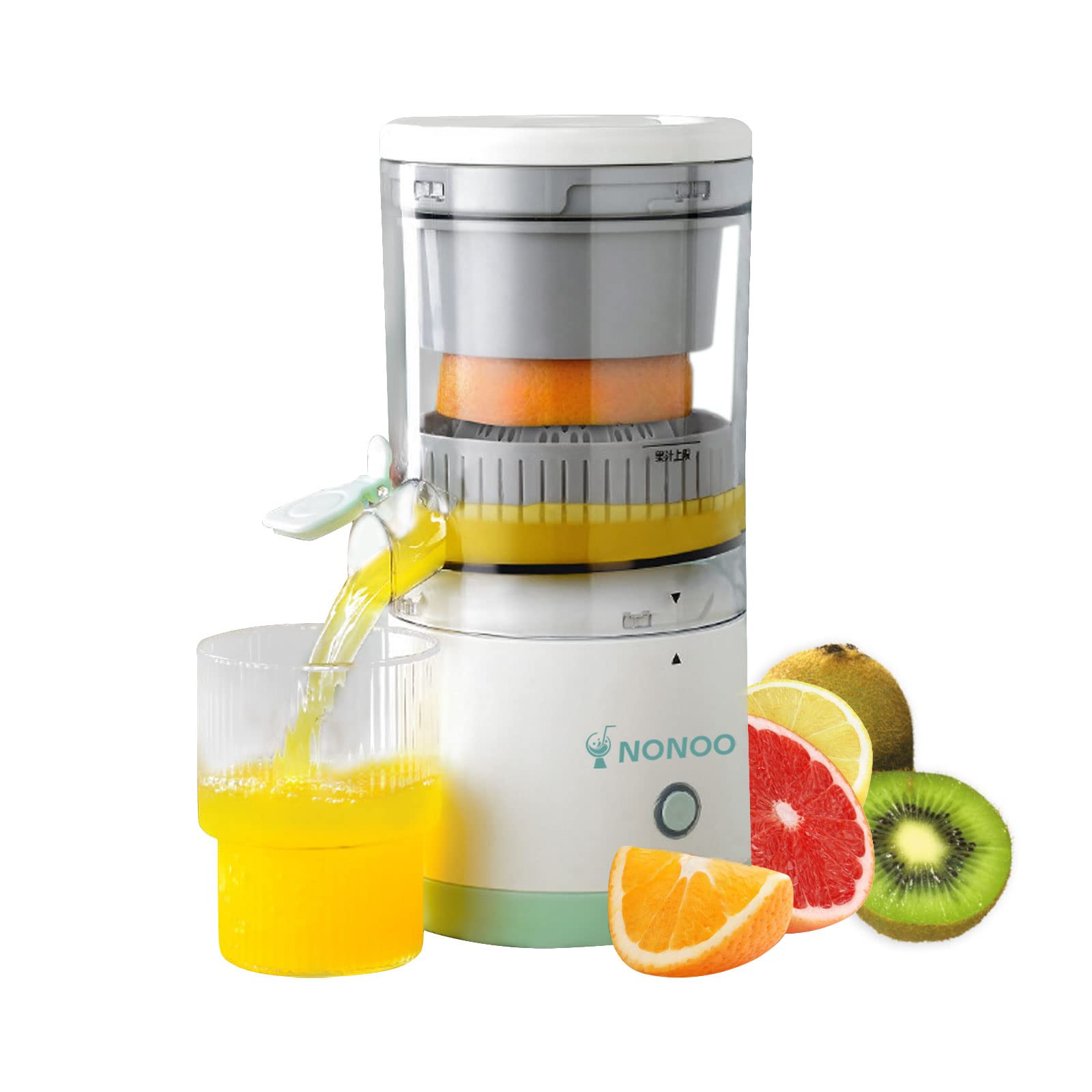
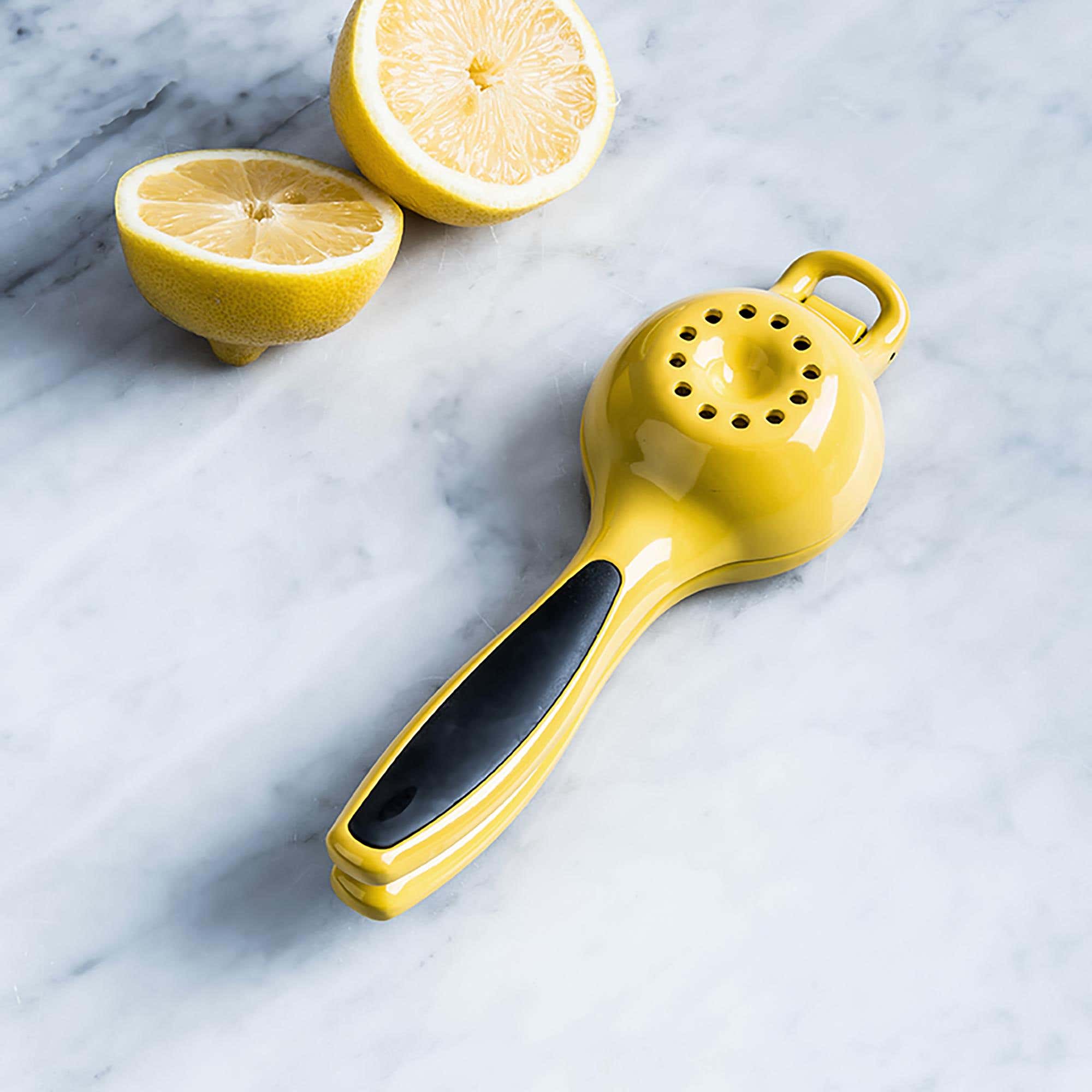
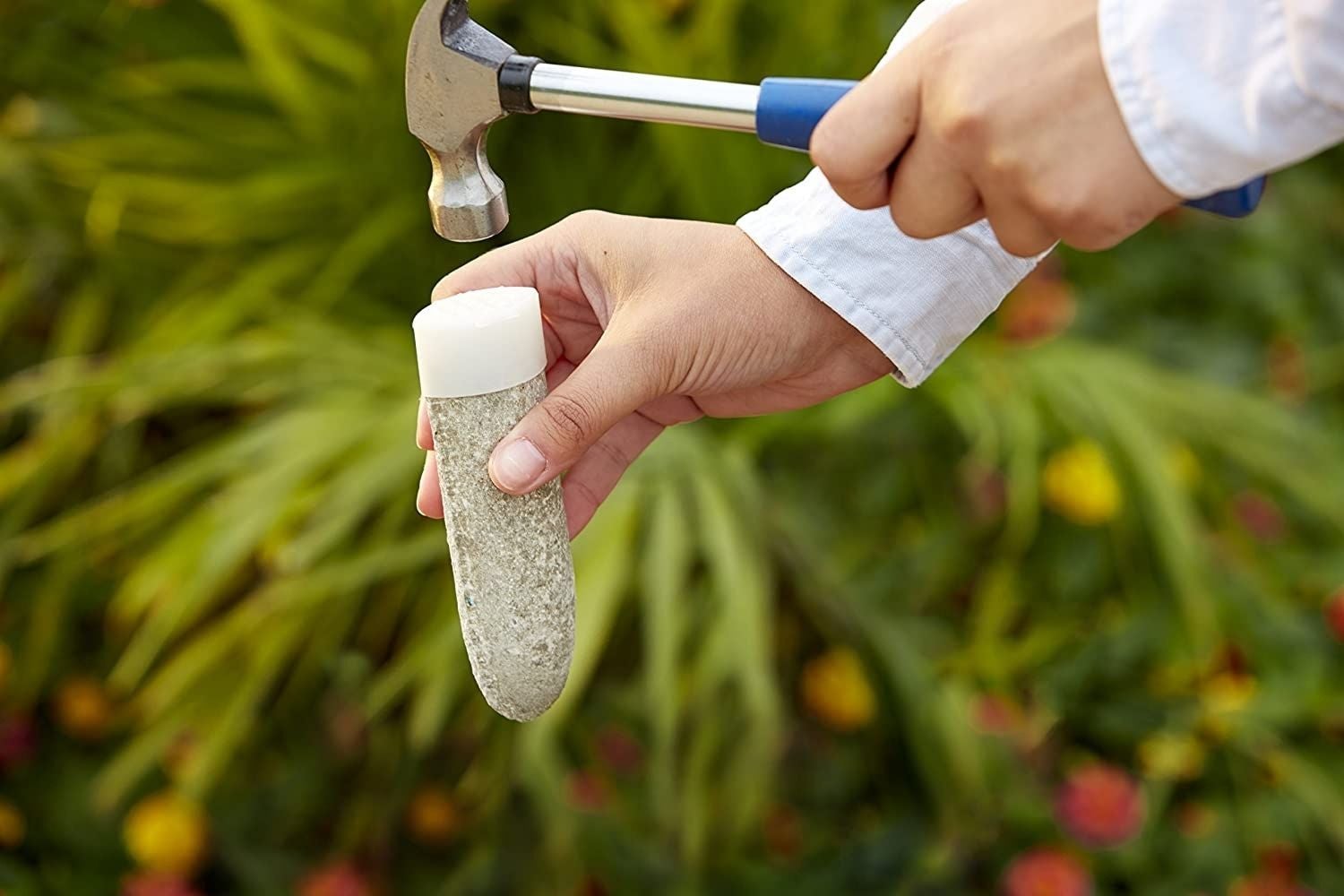
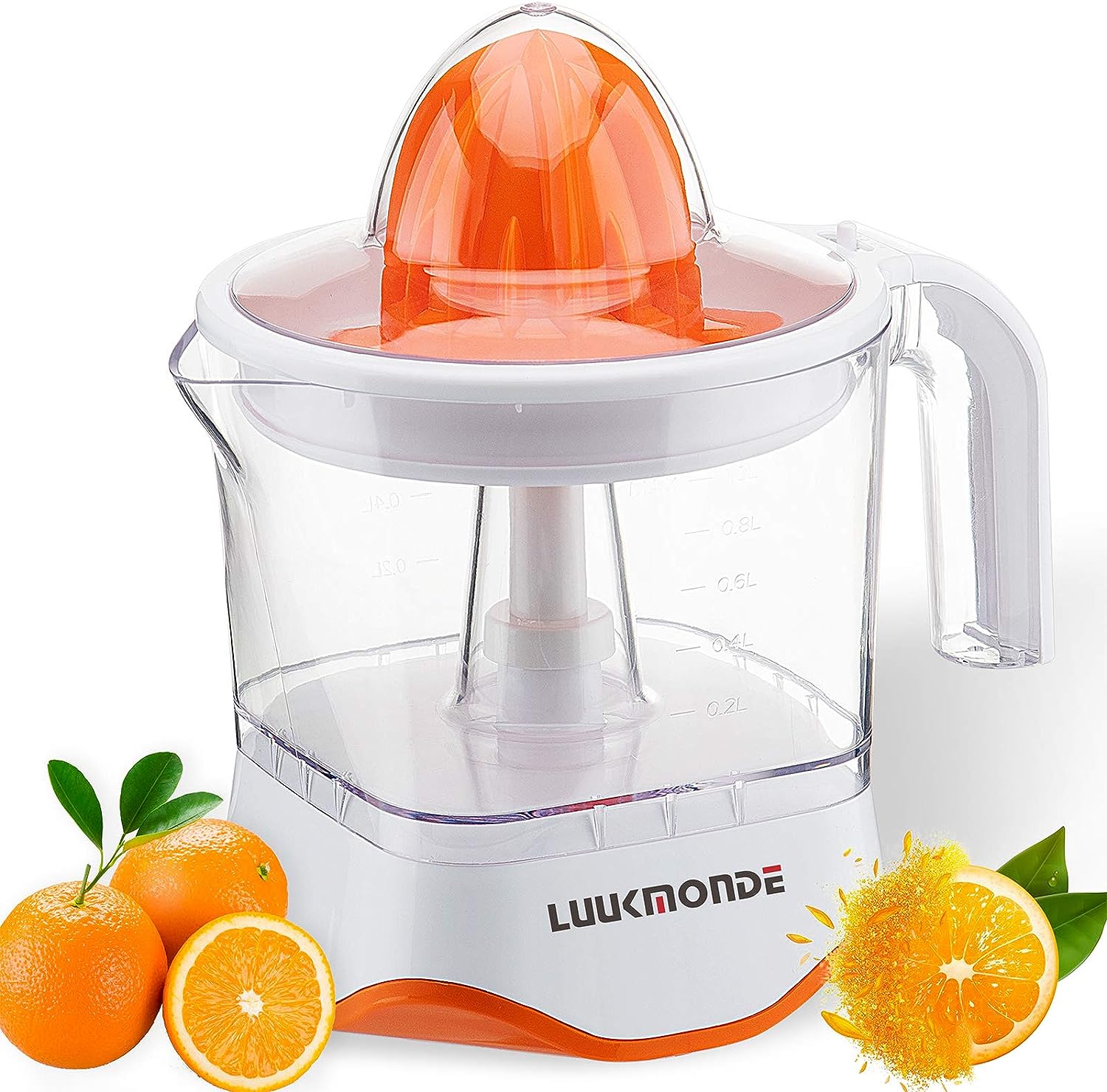
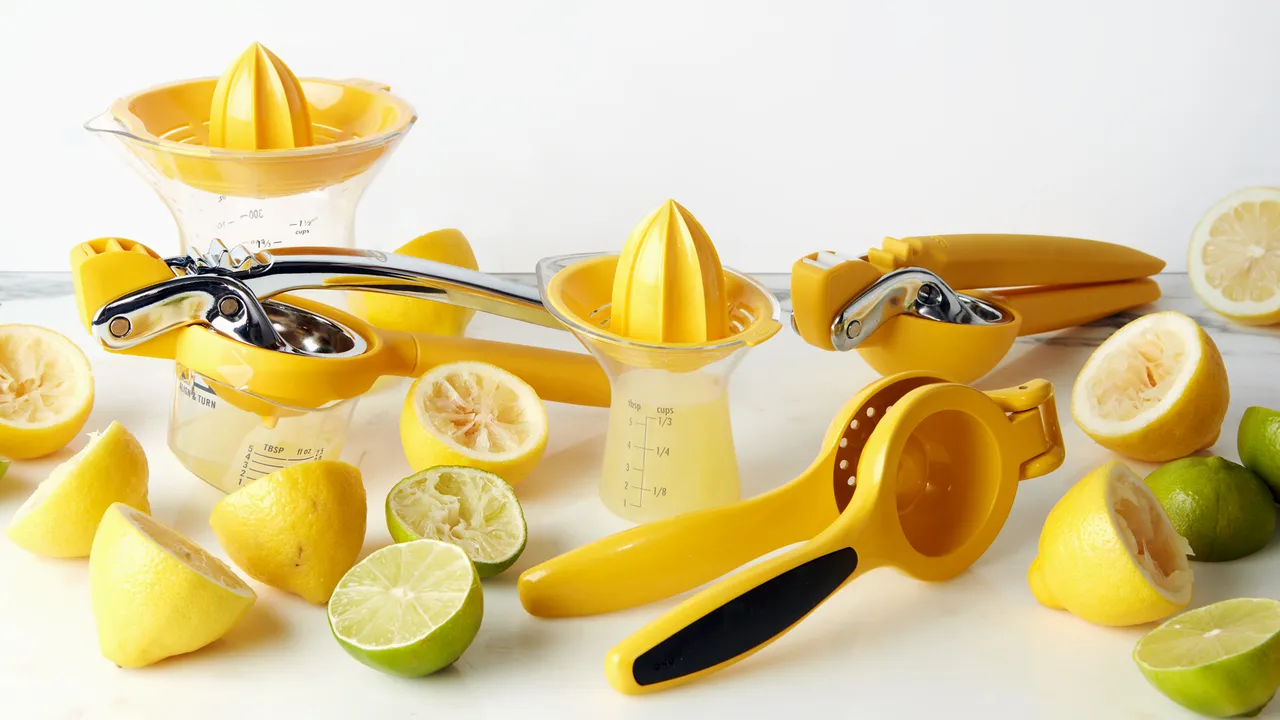
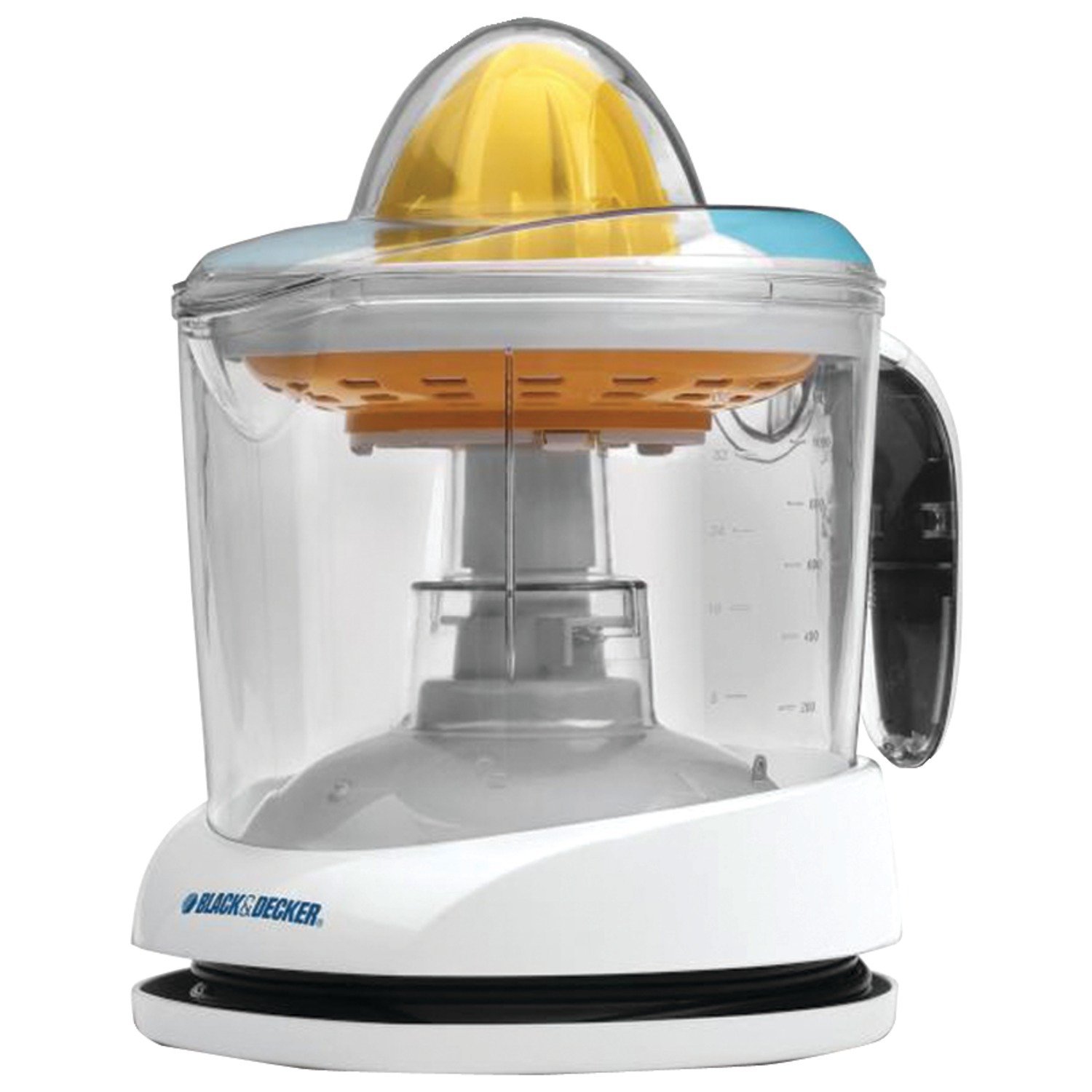
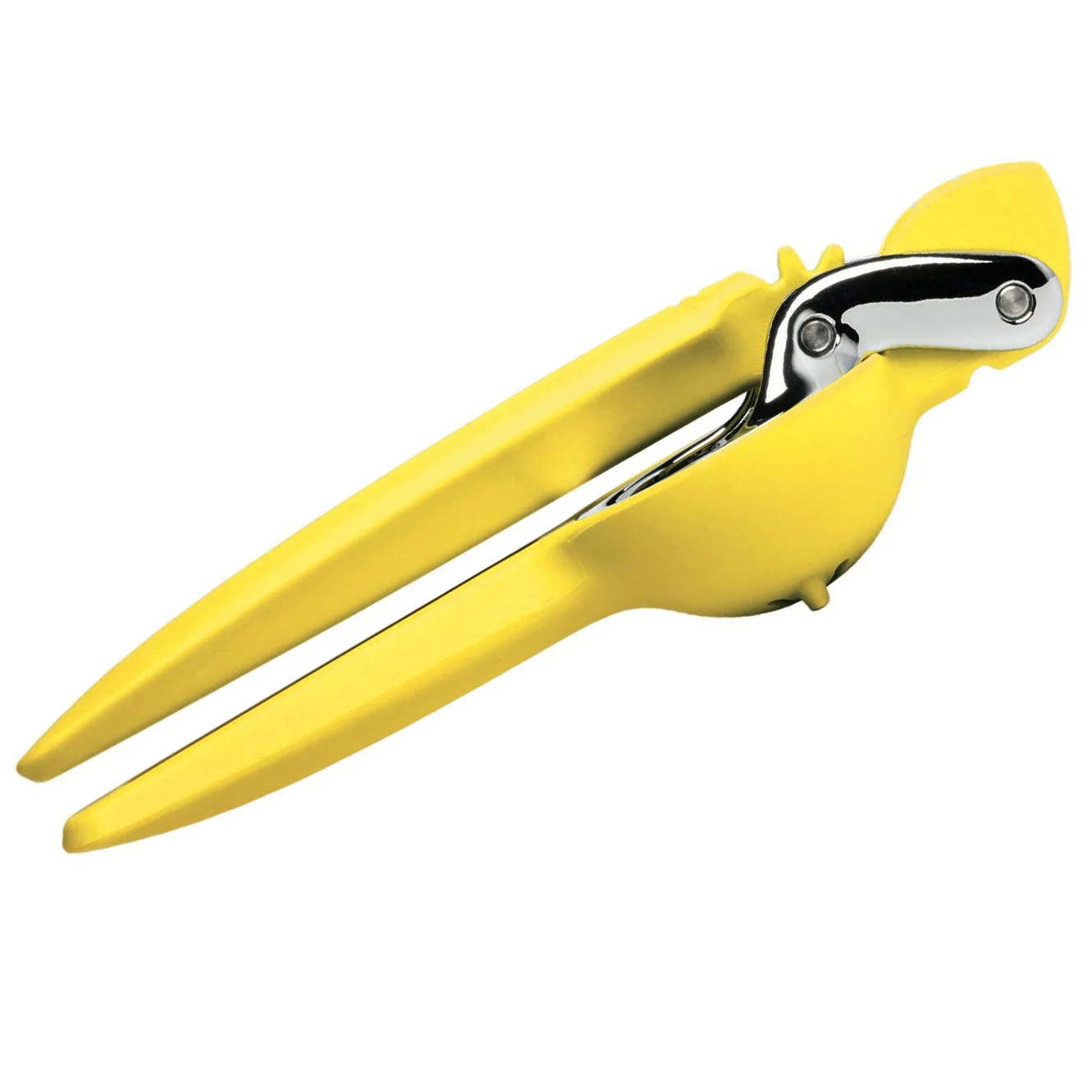

0 thoughts on “How To Store Citrus”